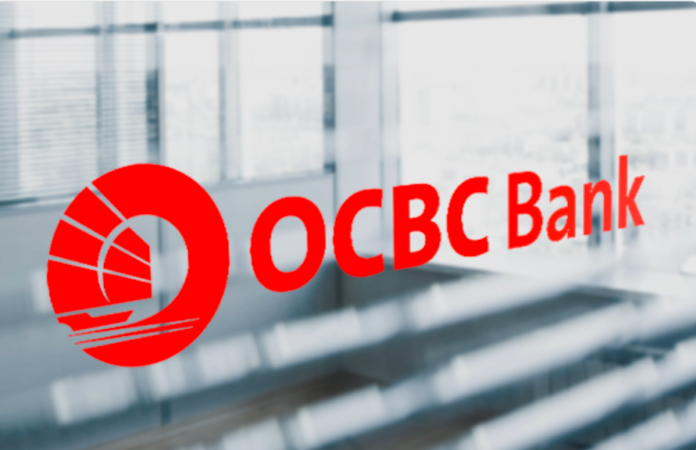OCBC Bank is blazing a trail in leveraging Visa Commercial Pay mobile solution as part of its inaugural Virtual Purchasing Card, which enables businesses to digitalise and streamline all their payment needs.
This solution provides real-time visibility of their employees’ spending on OCBC Virtual Purchasing Card. It also captures enhanced data for automatic reconciliation.
Benefits that can be unlocked by having better visibility include the identification of core spending categories. With that knowledge, more effective price negotiation with suppliers is possible.
Visa Commercial Pay mobile enables the employees and non-employees of OCBC corporate customers to request virtual cards on-demand via their mobile app and use the virtual cards for making mobile contactless, in-app and online payments at all Visa accepting merchants.
This reduces the need for employees and non-employees such as contract staff and visiting delegates to pay out of their own pockets first as the card can be instantly issued even for ad-hoc transactions.
The OCBC Virtual Purchasing Card also features two other business-to-business payment offerings — the Visa Commercial Pay B2B and the Visa Commercial Pay travel.
Virtual cards issued under the OCBC Virtual Purchasing Card programme can be for single or recurring use, with pre-defined control parameters. These control parameters can be spend limit, validity period or even right down to a specific category of goods and services.
Singapore University of Social Sciences (SUSS) is the bank’s first customer to sign up for this solution and will be piloted to its employees in the second quarter of 2021.
“We expect the takeup to be strong, especially for businesses looking to introduce a commercial card scheme for the first time as they can now leap-frog physical cards and go straight to a virtual card scheme,” said Melvyn Low, head of global transaction banking at OCBC Bank.
SUSS will be able to use their virtual commercial cards across a range of procurement scenarios, including items like software licenses, subscription fees and payments for travel booking.
Currently, university employees use personal cards to pay for certain corporate purchases and seek reimbursements thereafter. The OCBC Virtual Purchasing Card programme will replace the manual processes of reimbursement and account reconciliation with a streamlined and user-friendly alternative that saves time for employees.
“We want to digitalise the way we work and that extends to all aspects of the university’s operations,” said Kwek Peck Lin, director for planning and finance at SUSS. “In terms of security, virtual cards provide more assurance compared to traditional commercial card solutions, and that was also an important factor for us when deciding to come onboard.”
















